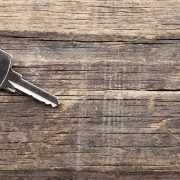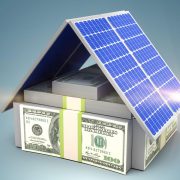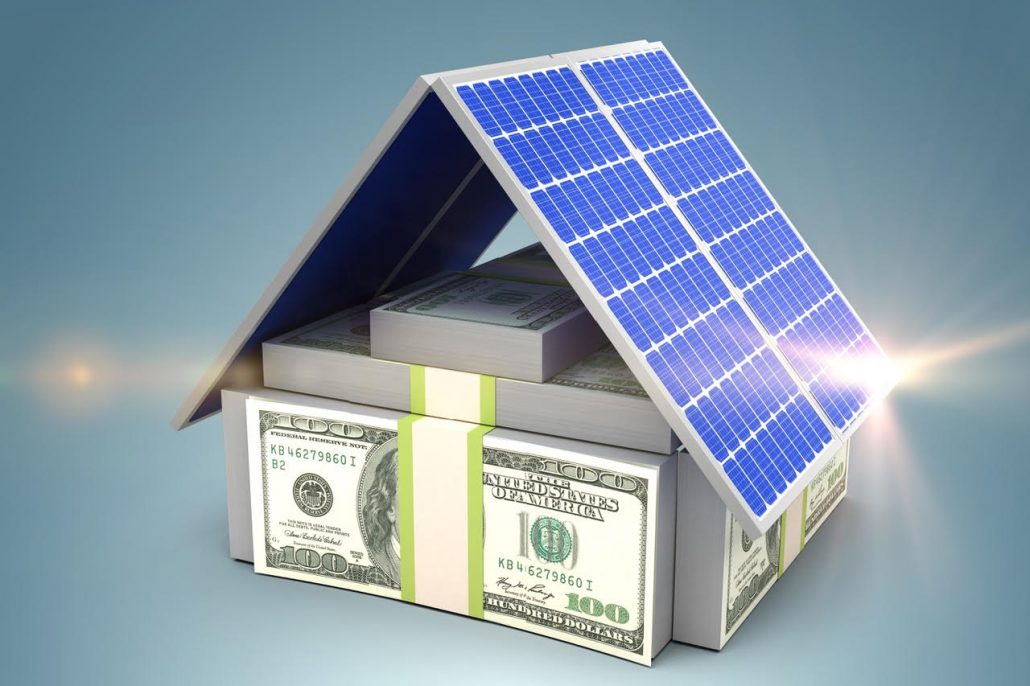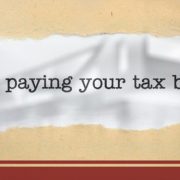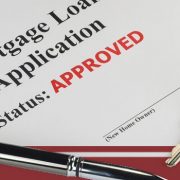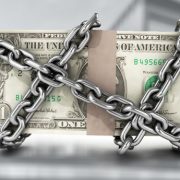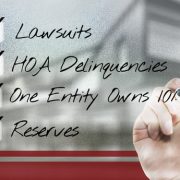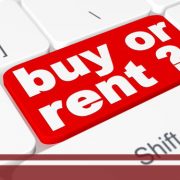How to Raise Your FICO Score 40 Points in 4 Days!
Credit scores increase gradually over time by borrowing money (e.g. by charging credit cards; by taking out loans such as student loans, home loans or car loans; and by making payments on time). It takes many years to establish good credit and reach a high FICO score (aka your credit score) and one 30-day late payment can dramatically lower your credit score in an instant.
I had a client many years ago that missed a $5 minimum payment on a Macy’s credit card and the FICO score dropped 63 points in one month!
The 3 most common reasons credit scores decrease are:
1) Paying an account 30 days late.
2) High credit card account balances.
3) Too much overall outstanding debt.
Did you know: Credit cards with balances higher than 30% of the credit limit will lower your credit score?
Are you a good candidate to increase your credit score quickly?
Late Payments: If your credit score is low due to late payments, there is little you can do in the short term to raise your credit score. In the long term, always pay on time and never miss a payment and your score will go back up, slowly but surely.
Outstanding Debt: If your credit score is low due to high credit card balances and/or too much outstanding debt, you are a good candidate to increase your credit score quickly by paying down and or paying off debt.
Fun fact: I have a client that buys and sells properties and his business requires him to purchase building materials, equipment and appliances and on a monthly basis. He regularly maxes out his 7 credit cards and pays them off in full at the end of the month. I pulled his credit when all credit cards were maxed out and his credit score had fallen 90 points! When he paid off his cards, his credit score shot back up 90 points. On any given month his score would fluctuate by 90 points depending on his credit card balances.
Recently I helped a couple raise their credit score 40 points in 4 days. Their credit report included the following:
– A mortgage.
– 2 car leases.
– 4 Credit cards. One credit card was maxed out. The other 3 credit cards had balances less than 30% of their credit limits.
Below are the options they had to raise their credit score:
First, paying off a mortgage is a normally a very expensive proposition and it is doubtful that paying off a mortgage would increase their credit score since having mortgage debt is not considered ‘bad behavior’.
Paying off two car leases will most likely not help raise their credit score because paying off a car lease does not eliminate the lease reporting on one’s credit report. (BTW, the only way to get rid of a lease reporting on ones credit is to buy the car in cash.)
Paying off the three credit cards with balances under 30% did not sound like a good option to me since credit cards with balances under 30% usually do not lower one’s FICO score.
Paying off the one maxed out credit card was the only option that would all but guarantee a positive outcome to increase the credit score! The account balance was over 30% of the limit and was almost maxed out. Maxing out credit cards is considered ‘bad behavior’ and can lower your FICO score.
The game plan was to pay off the one maxed out credit card in full to hopefully raise the credit score. My client paid off the card in full. I ordered a rapid rescore. A rapid rescore allows the new $0 balance to be reported by Experian, Equifax and Transunion immediately. Four days after the account was paid in full, the rapid rescore was completed and the new $0 balance reported on the credit report and their FICO score.
For pre-approvals and general questions, email me at [email protected].


